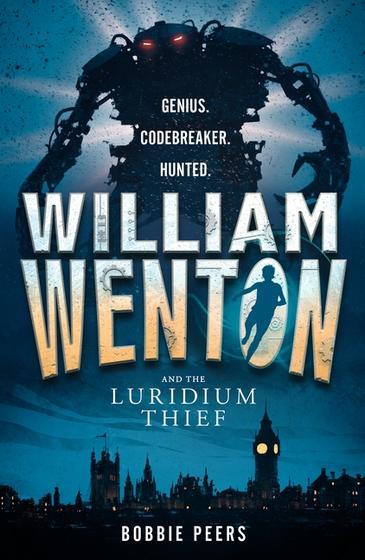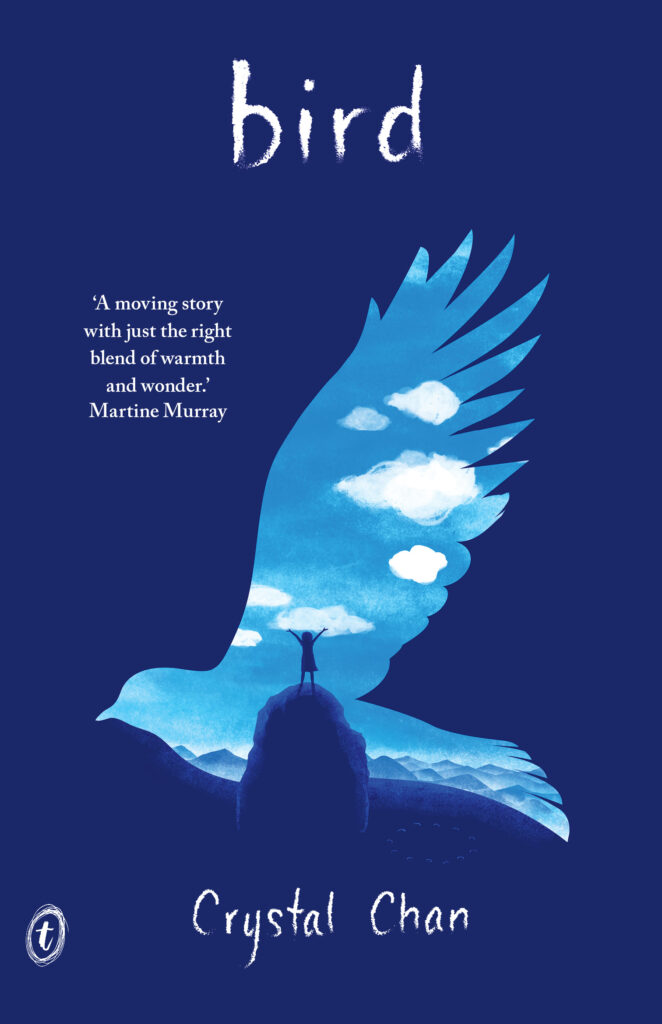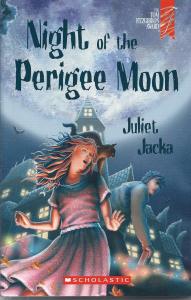Bobbie Peers, William Wenton and the Luridium Thief, Walker Books Australia, 6 April 2017, 256pp., $14.99 (pbk), ISBN: 9781406371703
Do all the great heroes have alliterated names? Maybe not all but a disproportionately large number do, and I think we’re about to add the name William Wenton to that list.
William is a prodigy when it comes to breaking codes and solving puzzles. His family is in hiding following the strange disappearance of William’s grandfather, but it turns out that fate has a way of finding you, especially when you don’t want to be found.
William’s gifts earn him a place at The Institute, a clandestine academy for youngsters like him – possessing code-breaking talents far beyond those of ordinary people. Here he learns of the mysterious substance luridium, a living metal that lies at the heart of the Institute’s activities.
Told in the third person, Luridium Thief taps into one of the most deeply and sincerely held wishes from childhood – to discover amazing powers and abilities within you that you never knew were there. Everybody loves a good mystery, and Wenton’s adventure certainly takes him down a winding and ever darkening path into a very mysterious world. Wenton himself is a very likeable protagonist… we can appreciate his innate need to understand his world – he has so many questions, and no-one has been forthcoming with the answers. What else is he to do, but try and find those answers for himself? It is that determination – coupled with a youthful naiveté – that endears him to us… a young person wanting to know more about his lineage, his heritage, with childlike wonder that burgeons into an adult’s obsession.
Peers seems to be building a world akin to that of Rowlings’ Hogwarts – a school with students, populated with enigmatic and eccentric teachers, and even stranger mechanical inhabitants. At times I had trouble knowing whether or not to take it seriously – some of the creations seem purely comical in purpose, but the convention definitely works.
My only criticism is that at times it feels a little rushed… I felt as though there were concepts that Peers could have elaborated on and built into much larger components of his narrative, but they were only touched on briefly. It may be that there was something lost in the translation from Norwegian to English, however on balance I don’t feel that the book has suffered greatly for it. I found it very enjoyable, thoroughly engaging and am looking forward to reading more in this series.
Reviewed by Christian Price






